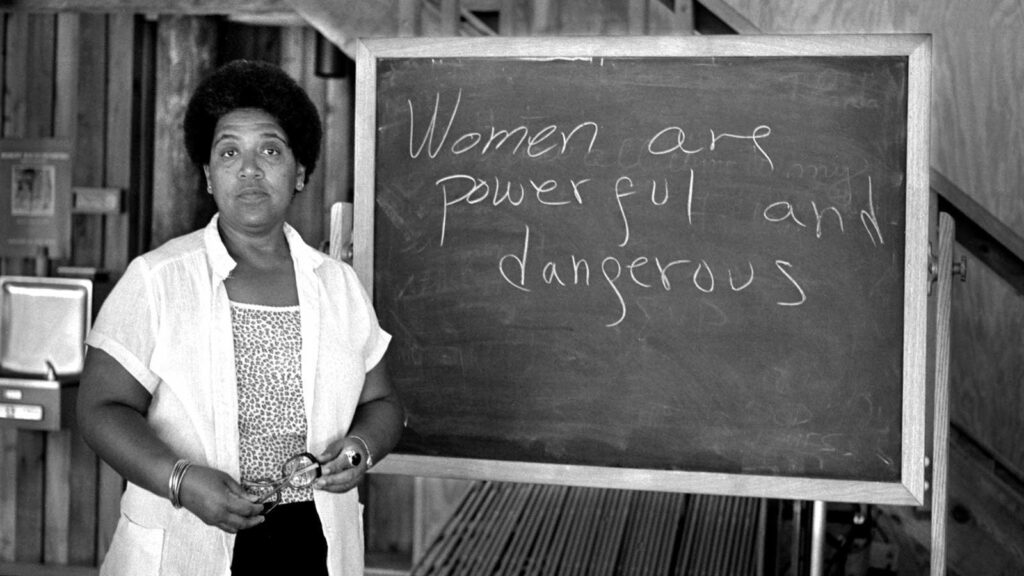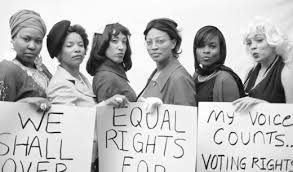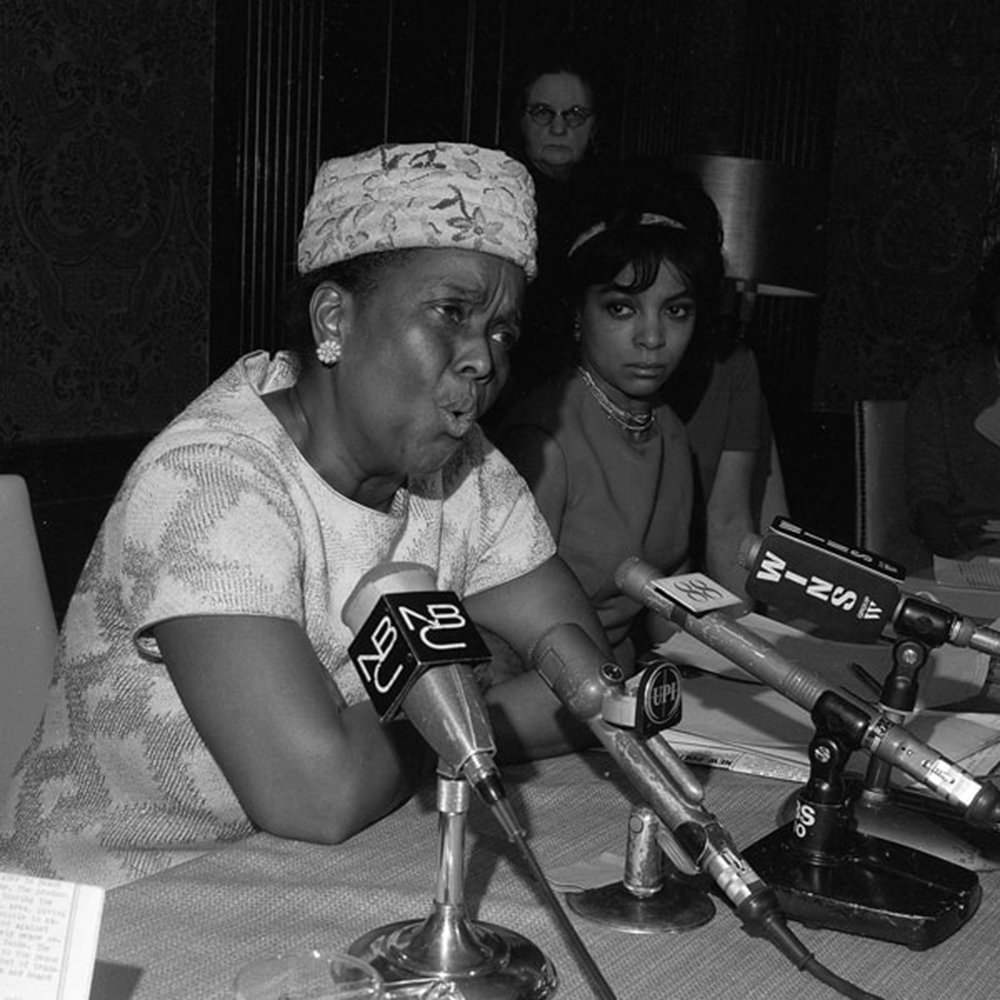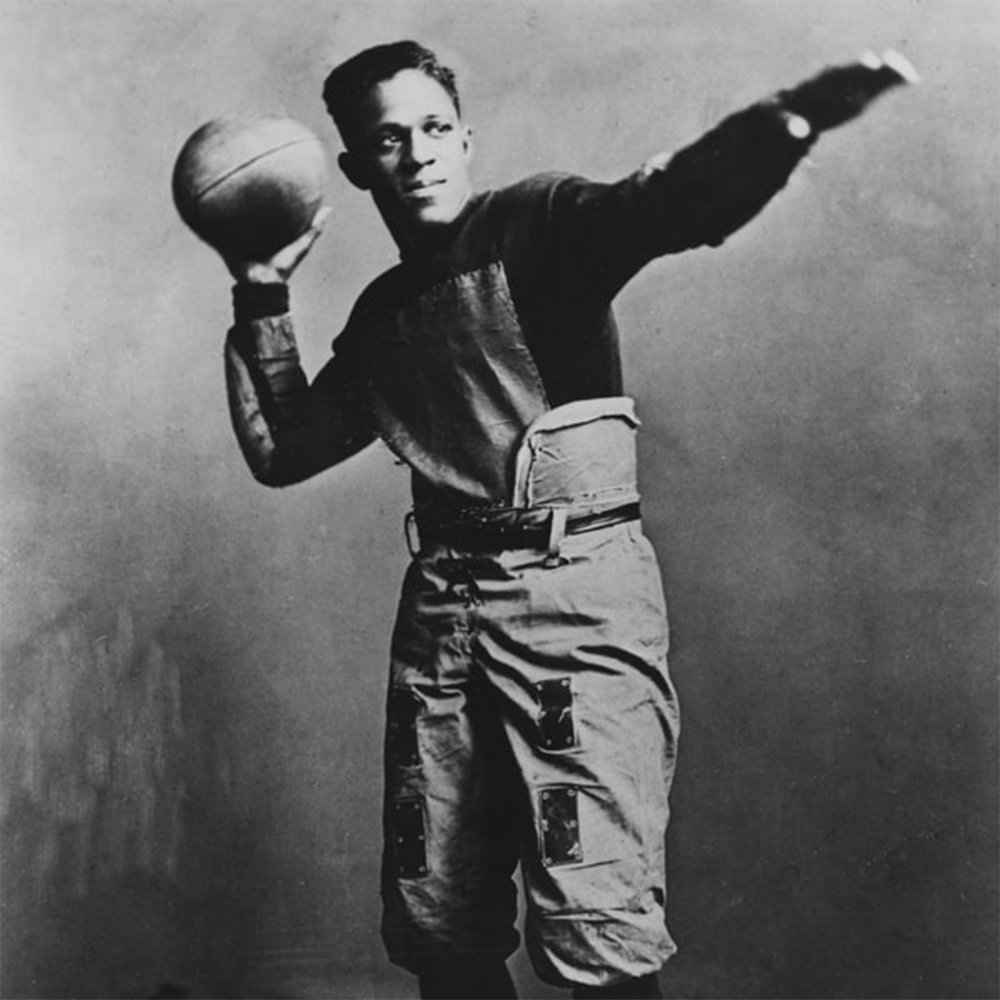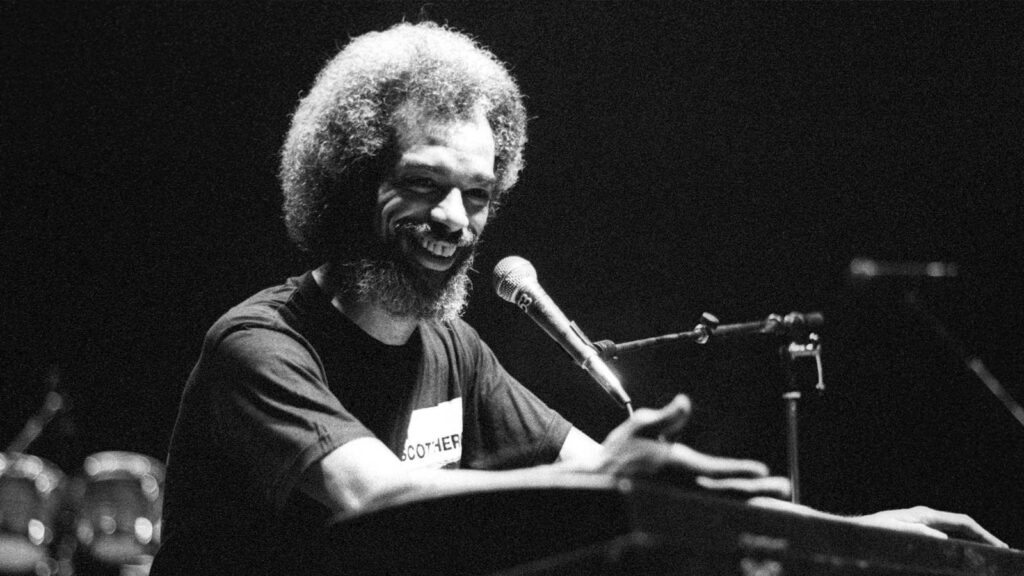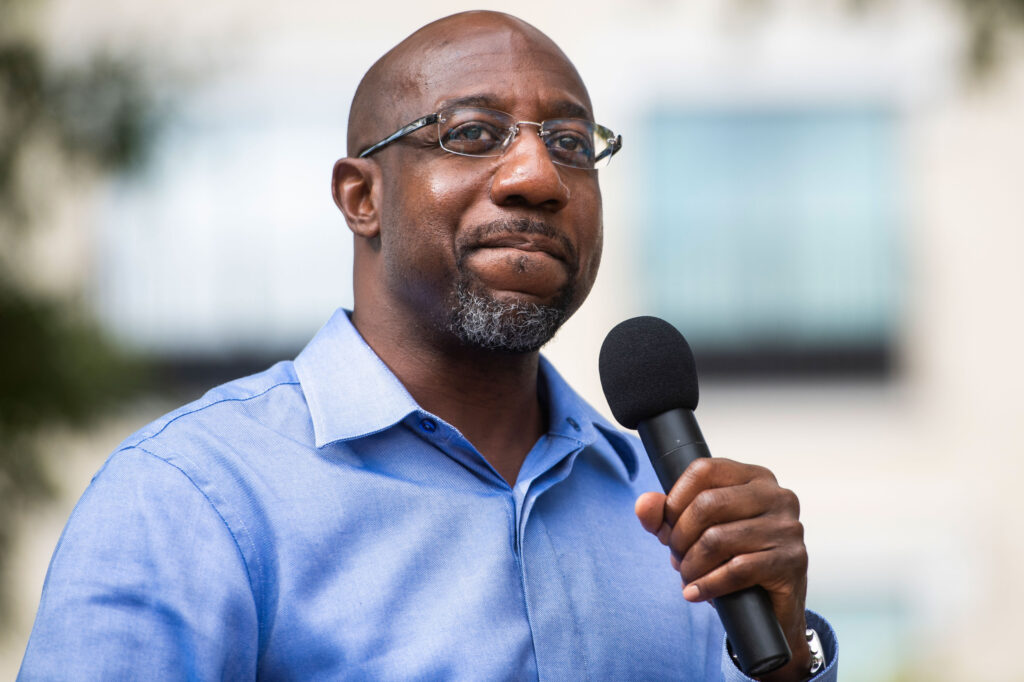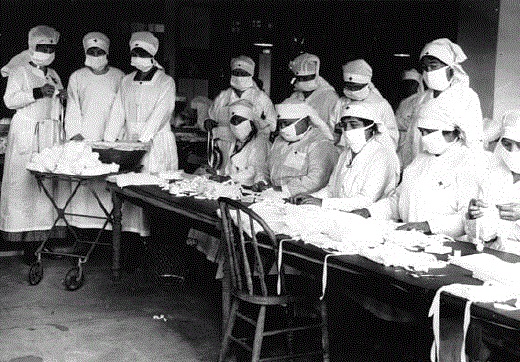Black History Month: Audre Lorde
By Leah Asmelash “Black, lesbian, mother, warrior, poet.” That’s how Audre Lorde famously introduced herself. Her career as a teacher and a writer spanned decades and though she died almost 30 years ago, much of the work she left behind is still cherished and quoted today. Born to immigrant parents from Grenada, Lorde was raised in Manhattan and published her first poem while still in high school. She served as a librarian in New York public schools before her first book of poetry was published in 1968. In her work, she called out racism and homophobia and chronicled her own

